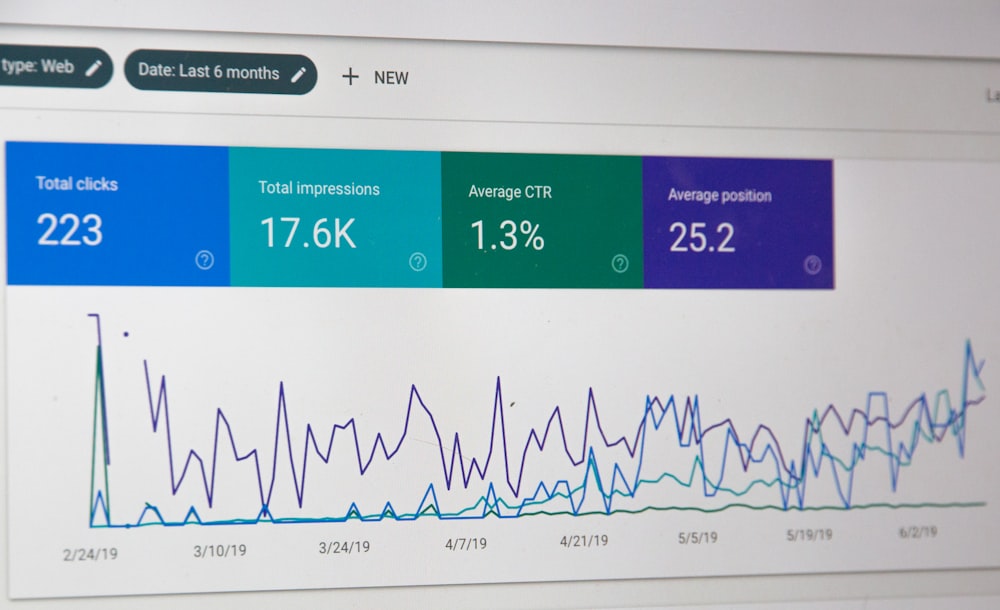The most effective way to boost the rankings of your search engine is to acquire backlinks that are relevant to your website. It is important to know some basics before you jump in.
Contextual links take effort and time. But, it’s worthwhile over the long term. The benefits are huge such as higher rankings for keywords and greater referral traffic.
Are contextual links beneficial for SEO?
The process of obtaining contextual backlinks is an important part of SEO or search engine optimization (SEO). These backlinks can assist you to rank higher in the SERPs of Google, and increase your organic traffic.
Guest blogging is the best way to get contextual hyperlinks. Guest blogging is a great method of gaining contextual links. It’s vital that you make sure the website you are guest posting on is relevant to your business and industry.
Additionally, you can build contextual backlinks by creating links that are reciprocal. These can be done by email or via social media.
Finding websites with high-authority domains that are relevant to your intended audience is key. These websites are more likely to link back to you and mention your business in their posts.

What are contextual connections?
Contextual linking is one backlink kind that allows your site to rank higher in search engines. These links are considered more valuable than conventional ones due to them being more relevant for a website or subject.
Google considers that contextual links are an confirmation that your website is worthy of an increase in ranking. They also give credibility to the source of the link and for the site that is linked to.
Natural and high-quality websites provide the most relevant links. They must be included in content that is relevant and makes sense to your niche, domain and company.
One of the best ways to boost the number of visitors to your website and increase your search engine rank is to include more contextual links. It’s also an excellent way to position your brand in the market as an authority.
2.0 Contextual Link Backlinks for Web 2.0 Contextual Link Backlinks
Web 2.0 contextual backlinks are hyperlinks that are embedded in the text of a piece. These backlinks are helpful because search engines can determine the context and rank them accordingly.
They are a great tool for building quality backlinks, however they need to be done properly. These methods should not be employed too frequently. It is possible to fall victim to links-building techniques that are not legal, and can harm the effectiveness of your SEO efforts.
It is crucial to establish high-quality hyperlinks – not just one or two from Web 2.0 platforms. Google doesn’t penalize sites which use white-hat links.
How to find contextual links
These are the top kinds of external links for search engines. These links are from trusted sources that are relevant and useful to the content they point to.
To gain contextual links, you need to establish relationships with authority domains. This can be accomplished by guest posts and interview requests as well as other strategies for building links.
You can create a web-based network of quality sites which link to yours by following these strategies. This will help you get higher rankings on search engines , and will increase the amount of traffic to your site.
Internal hyperlinks are also an option to create contextual links. These links point to pages on your website that contain relevant and useful information. This can encourage your visitors to spend longer on your website and keeps them engaged with your content. This is also beneficial for your SEO.

